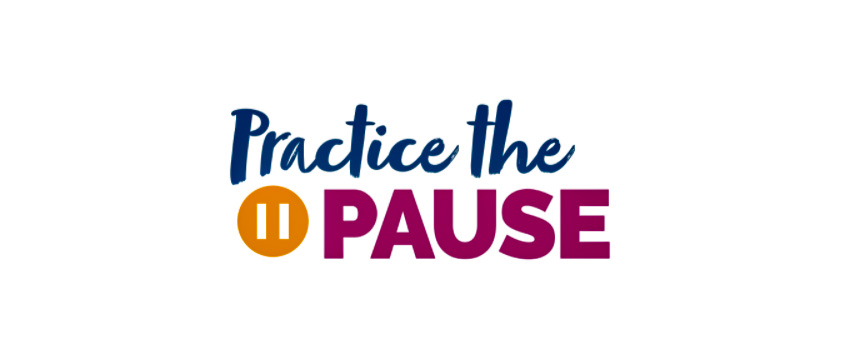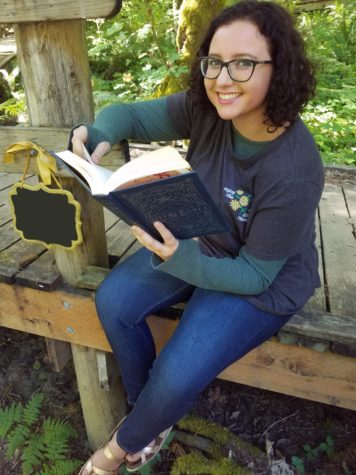‘Living well is the best way to live’
Whitman County task force teaches resiliency, identifies behavioral health issues
Practicing the Pause is a program that teaches individuals to “cope, calm and care” when overcome by an emotional response.
March 30, 2021
The Whitman County Suicide Prevention and Resiliency Task Force is using a new crisis program called “Practicing the Pause” to help youths and adults cope with feelings and difficult situations.
This program teaches individuals to “cope, calm and care” when overcome by an emotional response, said Annie Pillers, task force member and Whitman County coroner. Practicing the Pause is meant to help others reconsider and acknowledge personal struggles.
“Cope, Calm and Care” are resources created to encourage people to move on from trauma and engage in healthy lifestyles, according to the program’s website. This means being able to check for an emotional response and observing what it does to an individual.
“Living well is the best way to live. When you’re not living well, it’s hard, right?” Pillers said. “And so [the program] is not always just about death or suicide, but it is about the importance of living well.”
Because of the COVID-19 pandemic, anxiety and depression rates have increased. Normal coping skills do not work as well as they had in the past, she said.
Pillers said the program includes a workbook for ages 5-12, a journal for ages 12-18, and a coping skills component for adults. Each resource is available on the website.
The county’s task force began in 2019, she said. The group consists of different community members, including individuals from WSU, police officers, first responders and healthcare professionals.
Pillers said the idea of the task force came to be when she and other members recognized the impact mental health issues have on Whitman County.
“We were spurred on this by the enormous wake of tragedy we see following a death from suicide,” she said. “We needed to form a county-wide task force to see if we can be a part of helping people understand.”
The task force does not only focus on suicide, but on mental health as a whole. Pillers said the best way to raise awareness is to provide education on topics people may not fully be informed about.
“Our whole emphasis with the task force is actually to build resiliency within our communities,” she said. “And to educate and train members to identify some of the common behavioral health issues.”
Pillers said one of the topics they hope to teach is the “Question, Persuade, Refer” technique, which highlights the best ways for care professionals to assist with a mental health emergency. This is one of the topics Corey Laughary, pastor and mental health first aid instructor, teaches in his mental health classes.
“He’s teaching that outside in the communities, and to some social service agencies,” she said.
Something that can hold people back from helping others is the inability to recognize strength within one’s self, Pillers said. Keeping joy in one’s life and living well are the key components to finding the resiliency to help others.
“We know that it takes a village,” she said. “So that’s why we are a community of communities.”










